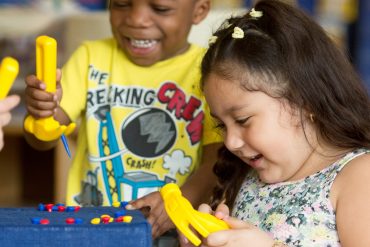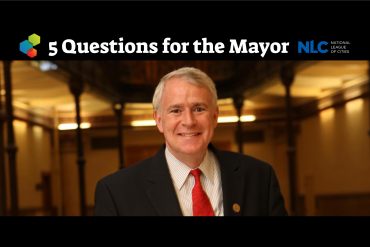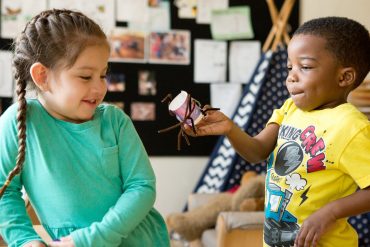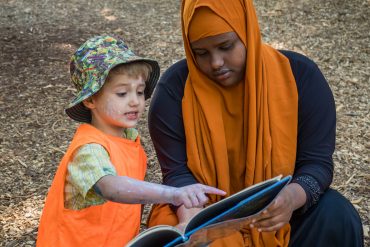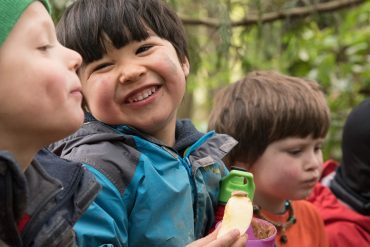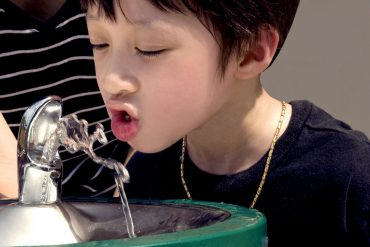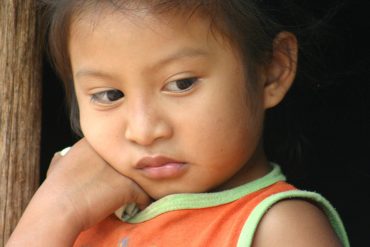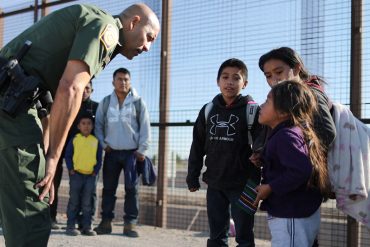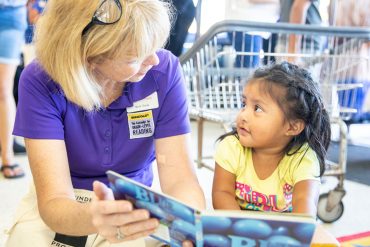“Our health system is failing women” are the unequivocal opening words of a report issued this past spring by Early...
What would happen if we prioritized children’s potential? That’s the question implicitly asked and explicitly answered in the recent paper...
“The earlier we create an early childhood infrastructure for children and families, the better the guarantee we’ll have for a world-class city. I want that for Milwaukee, and for every child born and raised here.”
In 2015, only about one in seven children in families who were eligible under federal income rules received a subsidy....
The children attending Tiny Trees Preschool classrooms in Seattle and King County parks may look like they’re “just playing,” but those little boots are actually marching, climbing, stomping and squishing their way to a well-rounded preschool education.
Throughout most of human history and in most of the world, that paradigm of children playing outdoors as a part of childhood has been so integral as to be transparent. Not so in the U.S., where, according to the Child Mind Institute, the average American child spends four to seven minutes a day in unstructured play outdoors and more than seven hours a day in front of a screen. Washington State is changing that.
A lead crisis plaguing Newark, N.J., is the latest large-scale threat posed by lead in water, a health hazard that’s...
The Consequences of Forced Separation
When Traumatized Children Return to Traumatized Parents
Science tells us that an outpouring of stress hormones shapes the way the brain develops. Trauma affects behavior, brain development, even the immune system. It’s devastating for all, but for newborns and youngest children, the impact can be profound.
The 24/7 news cycle tends to push certain crises at us for a day or two before other breaking stories come along to replace them. Of course, the human beings caught up in these tragedies don’t have the luxury of moving on. In the case of the forced separation of immigrant children from their families, young victims continue to face severe adversity.
Mobilizing Communities So All Children Make the Grade
Pop Up Neighbor events, community, collaboration, mobilization
Even without advance promotion, when word got out that the SuperMatt Laundromat in Sarasota, Florida, was offering free laundry all day, neighborhood residents formed a steady stream of customers.
Not only was laundry-and-all-the-fixings free—a boon to low-income families who can ill afford the $35 to $50 a week they spend trying to keep their kids in clean clothes—the food bank was there with abundant food to restock their pantries.
Best of all, there were books—lots of books—and plenty of volunteers to read to children while the adults did as many loads of laundry as needed. When the children left, books went home with them.
The Trump administration has rejected a proposed ban on a pesticide used for generations that repeatedly has been linked with,...
Where do you go for the top news in Early Learning at the municipal level? Check out “5 Questions for the Mayor,” where we’ll explore the top Early Learning challenges and successes in cities across the nation. We’re thrilled to partner with the National League of Cities on this new series.



